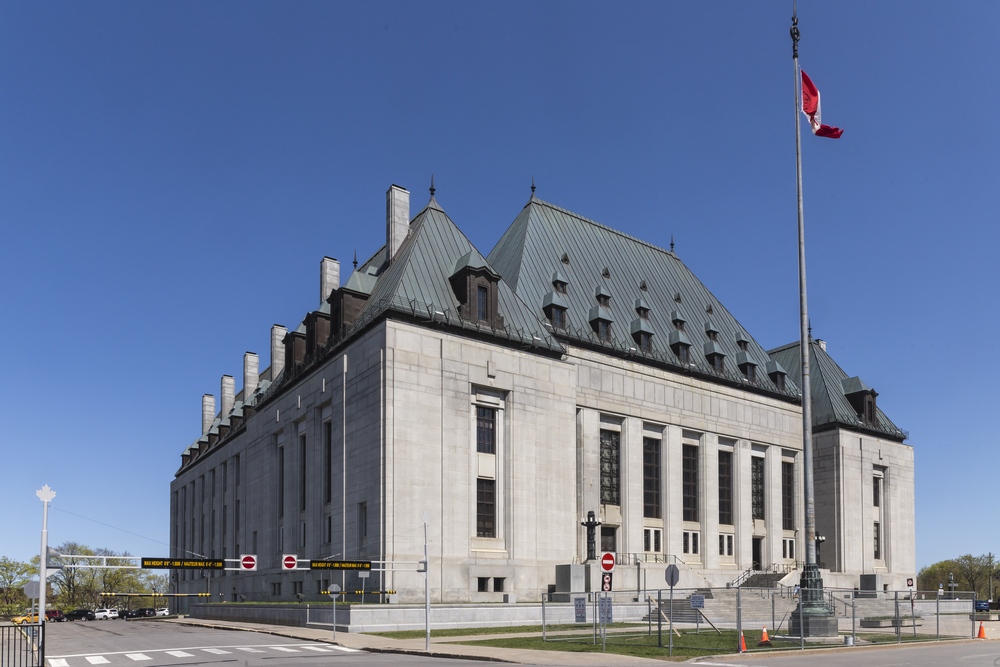Canada News
Supreme Court of Canada to hear federal appeal in Via Rail terror case

In a submission to the Supreme Court seeking a hearing, federal lawyers noted Jaser and Esseghaier were convicted of the most serious terrorism offences in Canadian law after nearly nine months of pre-trial motions and a three-month jury trial. (Shutterstock photo)
OTTAWA — The Supreme Court of Canada will review a lower-court decision to grant a new trial to two men accused of plotting to crash a Via Rail train.
Raed Jaser and Chiheb Esseghaier were found guilty in 2015 of terror-related charges arising mainly from an alleged al-Qaida-inspired plot to derail a passenger train travelling between the United States and Canada.
Both men appealed their convictions. Counsel for Jaser and a court-appointed lawyer for Esseghaier argued the jury at the trial was improperly constituted.
In August last year, the Ontario Court of Appeal ordered a fresh trial for the men on grounds the jury was indeed chosen incorrectly.
Following the decision, the Public Prosecution Service of Canada said it would proceed with a new trial. However, federal lawyers also exercised a right to seek the Supreme Court’s permission to challenge the appeal-court decision.
As usual, the high court gave no reason Thursday for agreeing to hear the case.
In a submission to the Supreme Court seeking a hearing, federal lawyers noted Jaser and Esseghaier were convicted of the most serious terrorism offences in Canadian law after nearly nine months of pre-trial motions and a three-month jury trial.
“Overturning these convictions on the basis of a technical error that had no appreciable effect on the conduct of the trial is a triumph of form over substance,” the submission said.
“Where, as here, there is no actual demonstrable prejudice to the fairness of the trial, the verdict properly reached by the trier of fact after a long and arduous trial should not so easily be set aside.”
Both Esseghaier and Jaser said the high court should dismiss the federal application for a hearing.
“The Crown has failed to identify any error of law in the decision of the Court of Appeal, much less one that raises an issue of national importance,” said Esseghaier’s submission.
He took issue with the suggestion the serious nature of the alleged offences should prompt the Supreme Court to grant leave to appeal.
“The Crown has not advanced any argument as to why only serious cases involving overturned convictions, as opposed to convictions that are upheld on appeal, are sufficient to satisfy its new proposed test for leave,” Esseghaier’s brief said.
“Profoundly serious cases are, sadly, not an uncommon occurrence in the Canadian criminal justice system.”
In his submission to the court, Jaser also rejected the notion that the gravity of the alleged offences would warrant a high-court hearing.
“The seriousness of the allegations cannot transform an unimportant legal issue into an important one.”





















